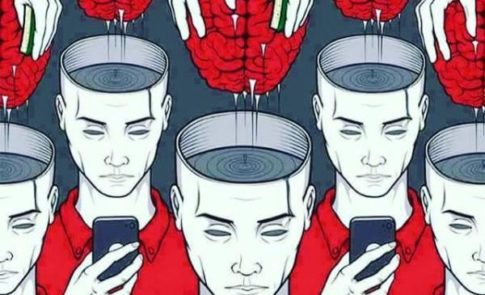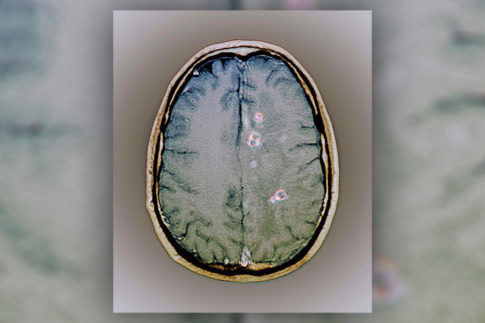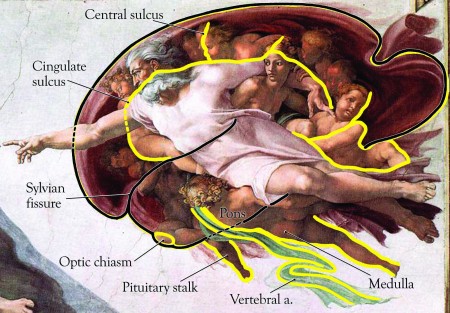
– Ex-Facebook Executive: “You Don’t Realize It But You Are Being Programmed”
Authored by Mustapha Itani via Medium.com,
Several months ago, one of the early pioneers of Facebook and its first President Sean Parker, voiced his regret regarding helping create social media in the form we know it today, saying:
“I don’t know if I really understood the consequences of what I was saying, because of the unintended consequences of a network when it grows to a billion or 2 billion people and it literally changes your relationship with society, with each other,”…
”God only knows what it’s doing to our children’s brains.”
Parker says the social networking site exploits human psychological vulnerabilities through a validation feedback loop that gets people to constantly post to get even more likes and comments.
“It’s exactly the kind of thing that a hacker like myself would come up with, because you’re exploiting a vulnerability in human psychology,” he said.
“The inventors, creators?—?it’s me, it’s Mark [Zuckerberg], it’s Kevin Systrom on Instagram, it’s all of these people?—?understood this consciously. And we did it anyway.”
Later on, another former Facebook executive opened up about the same concerns.
Chamath Palihapitiya, former vice president of user growth at Facebook stated at a recent public discussion at the Stanford Graduate School of Business, “I think we have created tools that are ripping apart the social fabric of how society works.”
”The short-term, dopamine-driven feedback loops we’ve created are destroying how society works,” Palihapitiya said.
“No civil discourse, no cooperation; misinformation, mistruth. And it’s not an American problem? – ?this is not about Russians ads. This is a global problem.”
Palihapitiya then expressed the feeling of guilt, “I feel tremendous guilt. I think we all knew in the back of our minds?—?even though we feigned this whole line of, like, there probably aren’t any bad unintended consequences. I think in the back, deep, deep recesses of, we kind of knew something bad could happen. But I think the way we defined it was not like this.”
“So we are in a really bad state of affairs right now, in my opinion. It is eroding the core foundation of how people behave by and between each other. And I don’t have a good solution. My solution is I just don’t use these tools anymore. I haven’t for years.“
Concerning the issue of social media as a whole, Palihapitiya stated that he doesn’t use it anymore since he “innately didn’t want to get programmed.” And as for his kids, “they’re not allowed to use this shit.”
Then he goes on to express some really strong sentiments:
Read moreEx-Facebook Executive: “You Don’t Realize It But You Are Being Programmed”







